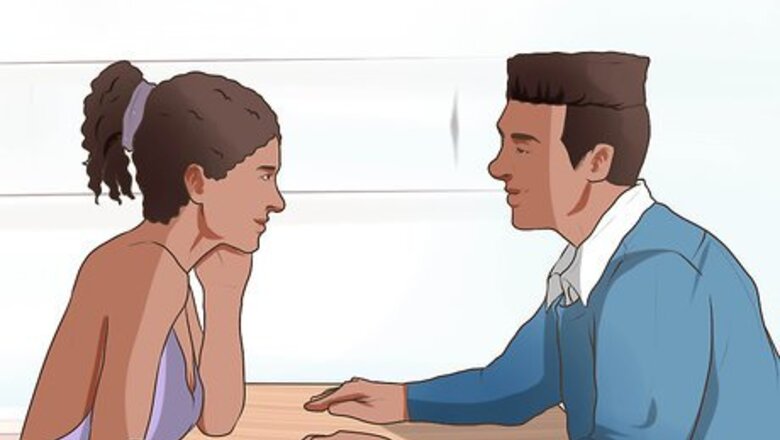
views
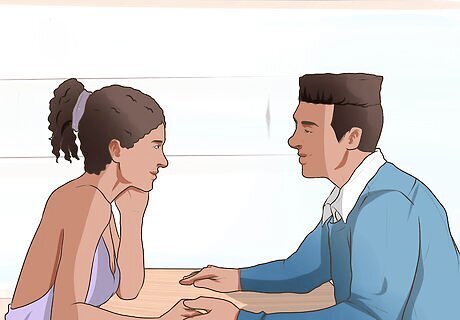
Find a partner. Kompa dancing is done in pairs, generally male and female. Many of the maneuvers in this style of dance are intimate, so be sure it is with a person you are comfortable with.
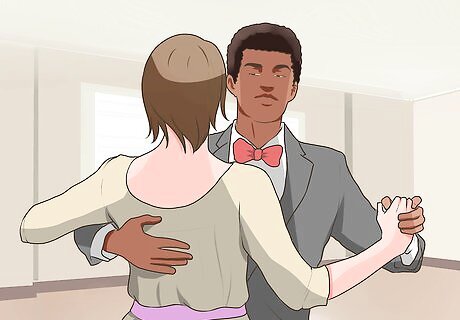
Grab each other and position your bodies. While facing one another and standing straight, the man then places his right hand under the shoulder blade of his partner and intertwines her free hand with his own. The left arm must be at the height of the shoulders. The woman’s left hand must be placed at the top of her partner’s shoulder blade.
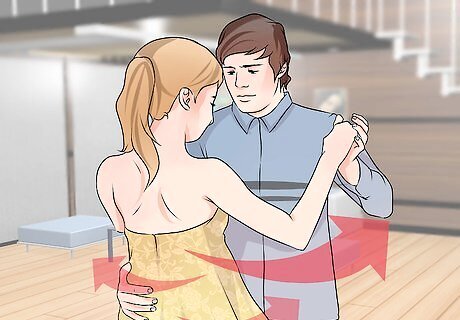
Sway the hips from side to side. One of the more important steps to Kompa dancing is hip movement. Slightly bend your right knee and pick up your right foot as you move your hips toward that direction. When swaying to the right and hitting that step, simultaneously slightly bend the left knee and pick up the left foot while shifting your hips toward that direction. Doing this will help you build a rhythm.
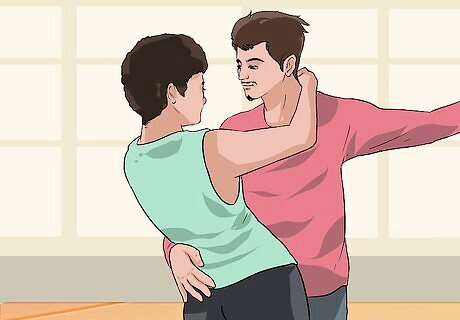
Get closer. While doing the same hip movement, move closer to your partner with the man now placing his right hand on his partner’s side, under her armpit and close to her breast. The woman places her entire left arm around her partner and places her left hand on her partner’s left shoulder blade. Doing this will create a stronger sense of guidance and direction for you and your partner.
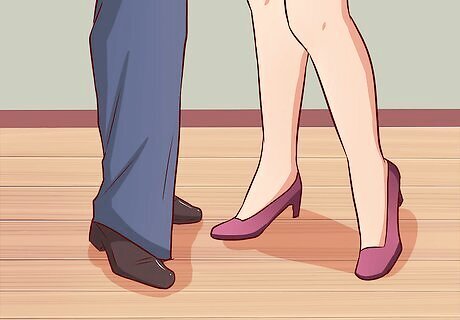
Move back and forth. Now that you and your partner have the hang of the first few steps, now it is time to get out of a stationary position. While doing the previous steps, move in a rhythmic pace frontward and backward. Be sure to move your leg simultaneously with your partner’s opposite leg. (If they move their left leg, move your right).
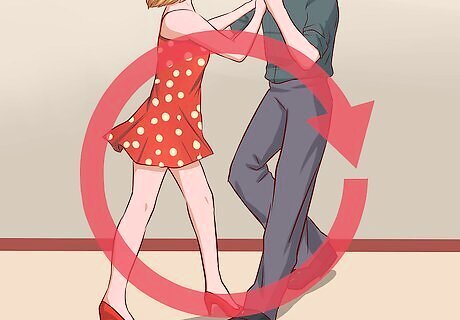
Add a turn (optional). This step all depends on the chemistry your partner and you have with each other. While doing all the previously mentioned steps, add moving in a circular motion with your partner to it.



















Comments
0 comment